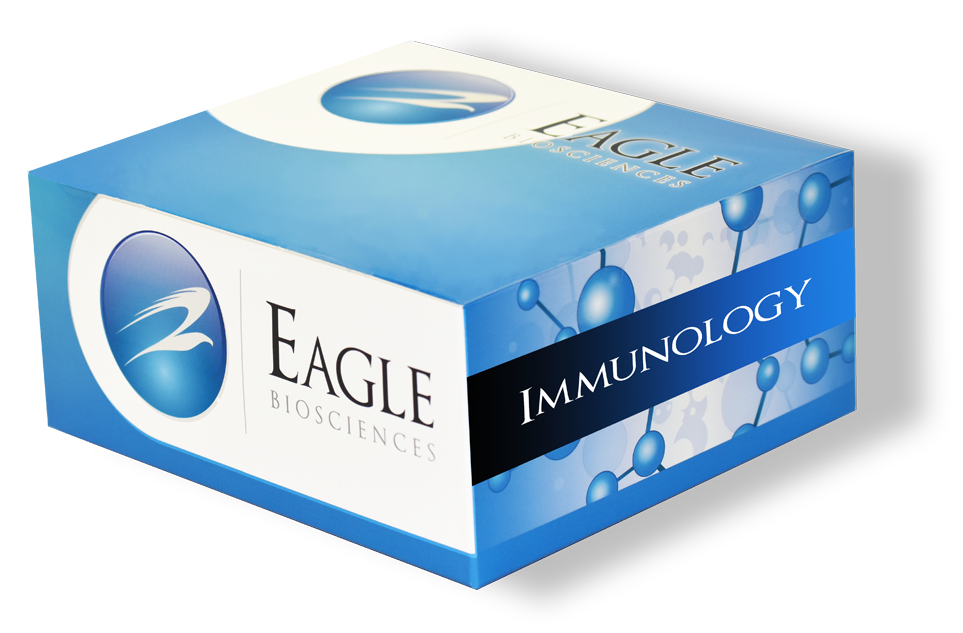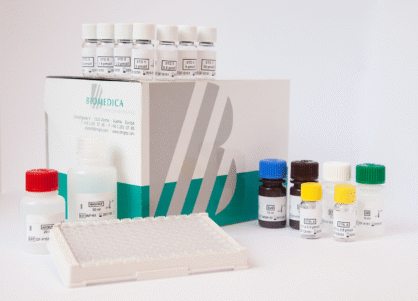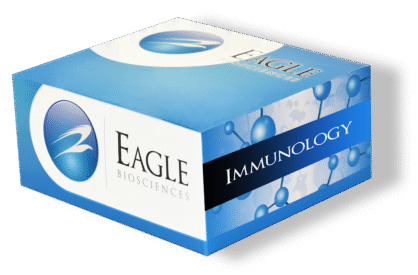Anti-dsDNA IgG ELISA Kit
Anti-double-stranded DNA (anti-dsDNA) IgG antibodies are highly specific autoantibodies directed against native double-stranded DNA, commonly associated with systemic lupus erythematosus (SLE). These antibodies are a hallmark biomarker of SLE and are included in classification criteria due to their strong association with the disease. Anti-dsDNA IgG is produced as part of an autoimmune response, and its presence reflects a loss of immune tolerance to nuclear components. These antibodies can form immune complexes that deposit in tissues, especially the kidneys, contributing to lupus nephritis and systemic inflammation.
In clinical practice, anti-dsDNA IgG is used for both diagnosis and disease monitoring in SLE. High titers often correlate with active disease, particularly renal involvement, making this biomarker useful for tracking flares and guiding immunosuppressive treatment. Quantification is typically performed using assays such as ELISA, Crithidia luciliae immunofluorescence, or radioimmunoassay. In research, anti-dsDNA IgG is a key tool for studying the pathogenesis of lupus, including mechanisms of autoantibody generation, immune complex formation, and end-organ damage. It also serves as a target in experimental therapies aiming to reduce autoantibody levels or block their pathogenic effects.
This Anti-dsDNA IgG ELISA Kit is manufactured in Italy by Diametra.




